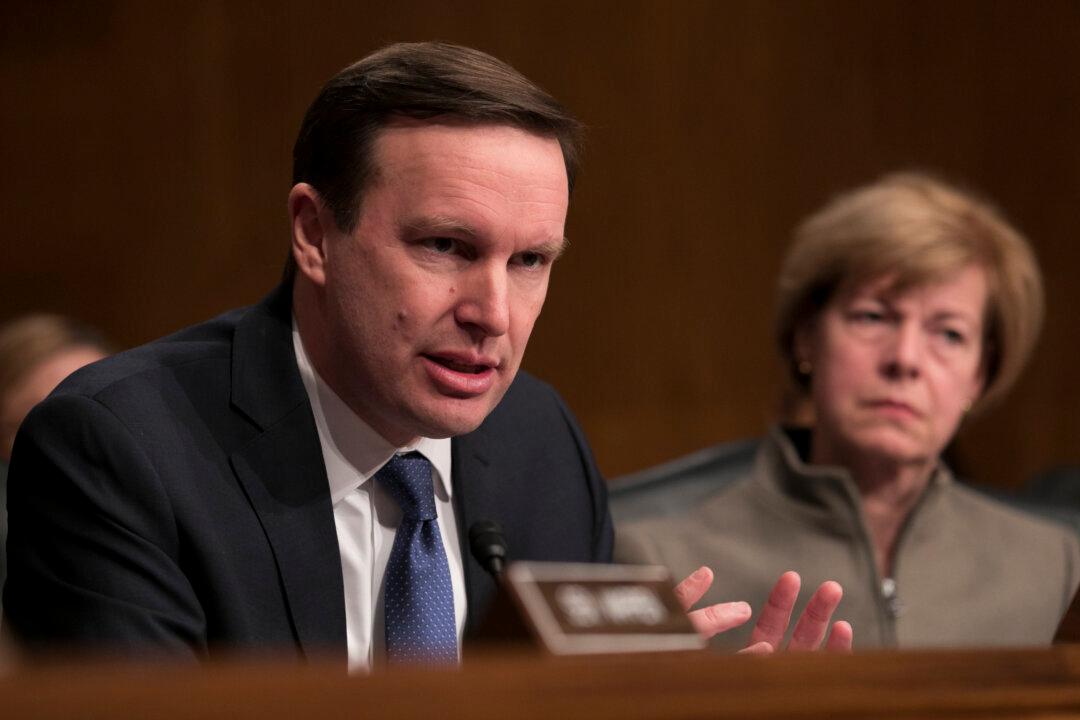Sen. Chris Murphy (D-Conn.) admitted meeting one of Iran’s top officials a day after reports indicated he met with Iranian Foreign Minister Mohammad Javad Zarif during the Munich Security Conference in Germany last week.
Murphy defended his meeting with Zarif on Tuesday, arguing in a statement: “It’s dangerous not to talk to adversaries, especially amidst a cycle of escalation.”





